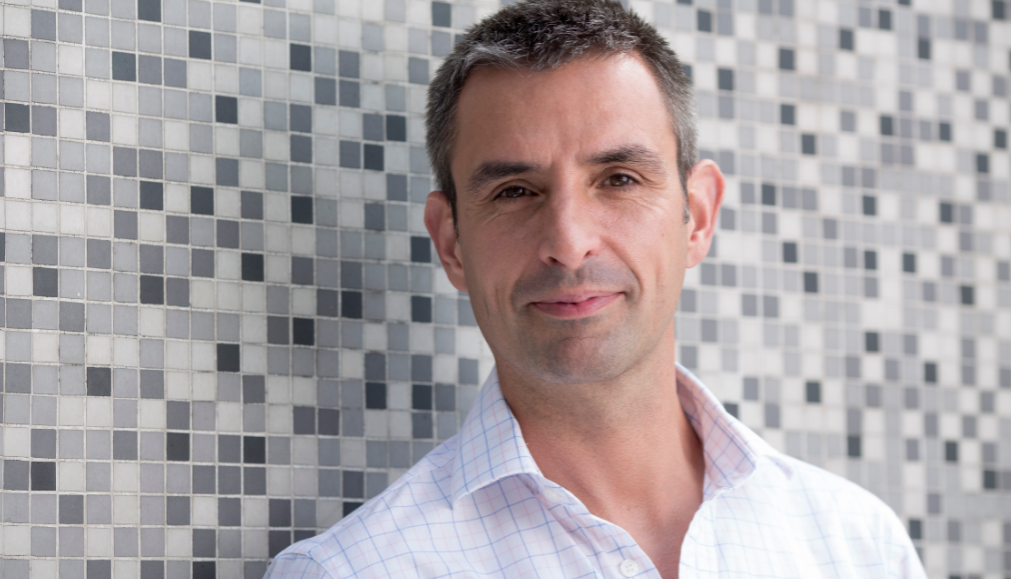Simon Blake, Chief Executive at Mental Health First Aid (MHFA) England, explains how to prepare for a happy, healthy return to the office post-covid restrictions.
Since March 2020 we have all lived with constant change and uncertainty. Unsurprisingly this has affected our mental health and wellbeing. With over half of British people experiencing ‘high levels’ of anxiety at the height of the pandemic, CEOs and business leaders aren’t exempt. From navigating constant change to understanding and implementing the furlough scheme, to getting to grips with new physical health and safety measures and ensuring support measures are in place for employees, COVID-19 has created a unique set of challenges that we as business leaders have not faced before.
Given how different our lives and routines have become, the return to the workplace may feel overwhelming, it may feel exciting or both of those things and many more in any single day.
We have entered another new period of change. Whether it’s sticking to the new rules on social distancing, seeing colleagues for the first time and making the office COVID-19 secure or even just the commute itself, things that used to be second nature might feel alien. How, as business leaders, can we make the return to the workplace as easy as possible and prepare both ourselves and our employees for the new world of work?
Tracking how we feel
To support others in our organisations, we first need to look after ourselves. As the old saying goes - you cannot pour from an empty cup. Tracking how we feel is a good place to begin when it comes to managing our wellbeing. As we develop new routines and return to the workplace, asking ourselves questions such as ‘how do I feel today mentally and physically?’ and ‘am I using helpful coping strategies?’ can really help.
You can use our My Whole Self MOT tool to check in on yourself and others. It can help us identify whether we are feeling motivated and excited, or why we may be feeling uncertain or anxious about certain things. When we know how we feel we can manage ourselves and our daily lives more effectively by developing strategies that work best for us. Some people are using the MOT across the organisation. Encourage line managers to check in on their teams using these questions as a guide.
Make work, work for you and your team
The pandemic has had to change the way most of us work. We have had to really trust our teams and people really stepped up and delivered. As we look ahead whatever arrangements are in place, ask yourself, how do I honour that trust and maximise the flexibility in the way people work so that it works for the individual, the team and the business. For some people, hybrid working and flexible working hours have improved their wellbeing.
Involve staff and find out what works for them and what you need to meet your business objectives. All the evidence shows that flexible working policies benefit the bottom line too – helping you attract and retain a skilled and more diverse workforce and increase job satisfaction. Flexibility ‘done well’ is not just a reaction to trends, it is part of an overall mental health and wellbeing strategy for the organisation.
Building energy from relationships
Relationships in teams and across the business matter and staying connected is important. After over 18 months of not seeing colleagues in-person, it is easy to forget what it feels like to interact face to face. The return to the workplace will be exciting for some, logistically difficult or overwhelming for others.
In my view, it is in all of our interests to encourage people back to the office as much as we can – connections create energy which in turn impacts positively on wellbeing, mental health and creativity. Communicating over video calls and emails can be draining. ‘In-person’ meetings can add more fluidity and energy to conversations and ideas.
Face to face meetings help us to build stronger relationships with colleagues and team members and as we look to the future, we are all asking ourselves how will the office be used, and the reality is that is likely to change in the weeks and months ahead depending on what happens with the virus.
If we go into the office and spend the day on a series of video calls it is only natural to wonder why you came in at all. If you are going into the office, try blocking out times in your diary to create time and space for more informal engagement with colleagues. This is definitely something I need to get much better at.
At MHFA England, we have instigated monthly in person birthday celebrations (usually involving pizza or cake...) before our all-staff meeting. This allows colleagues to catch up over a cup of tea and step away from their desks and zoom calls. By connecting with colleagues at all levels across the business you can lead from the front in welcoming people back to the office. By being visible in this way to the whole organisation you can inspire others to reconnect and engage with their team. I have a few ‘office team’ selfies on our Teams channel.
Finally, as business leaders, it is important to make sure we are being honest with ourselves and seek support when we need it. Having a supportive workplace culture around wellbeing starts from the top and we are employees too! When we’re honest about our mental health, it enables all employees to do the same and empowers them to feel they can reach out and seek the support they need. Don’t wait until you are finding things unmanageable to seek support, consider the support measures available to you. This might be speaking to a Mental Health First Aider or someone from your Employee Assistance Programme. Or, if you don’t feel comfortable speaking to someone within your organisation, find someone you trust outside the organisation.
For advice and free resources, including what your business could do to mark World Mental Health Day, visit http://mhfaengland.org








